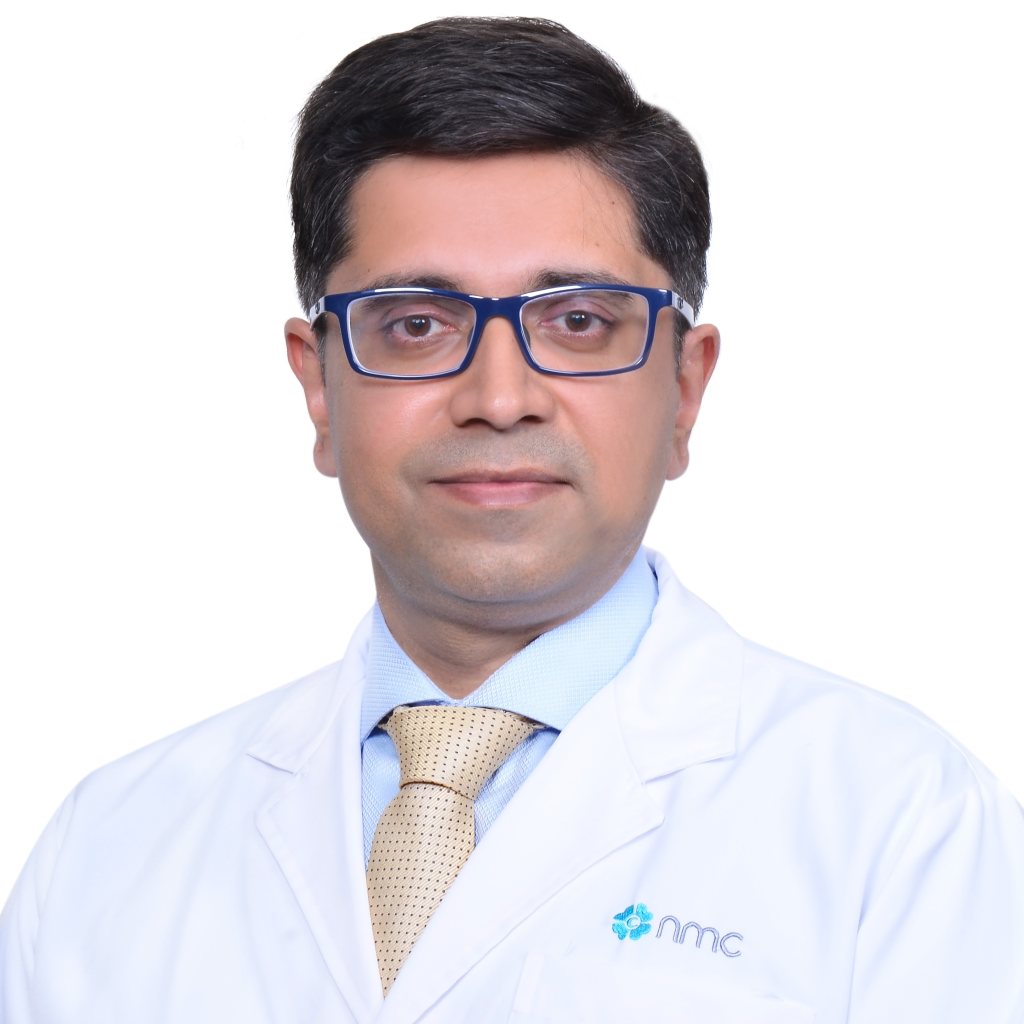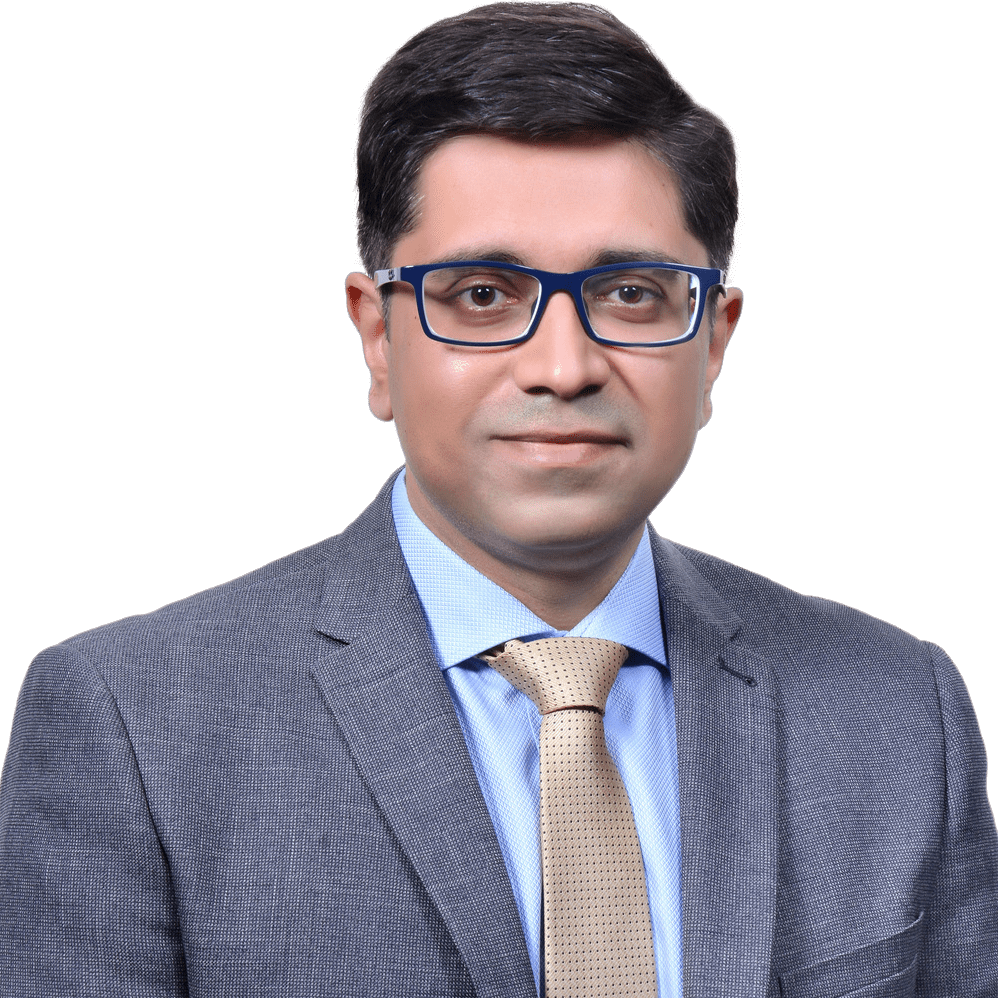Hernia Treatment
In Musaffah
Dr. Rajarshi Mitra
Expert Laparoscopic Surgeon With 20+ Years of Global Experience
Hernia Treatment Options Provided By Dr. Rajarshi Mitra
Medical Management In Musaffah
Laparoscopic Herniorrhaphy
Surgical Fundoplication
Hernia Mesh Repair
Component Separation Technique
Open Herniorrhaphy (Only if required)
Specialist For Various Hernia Surgeries In Musaffah
Years Of Global Experience
Dr. Rajarshi Mitra treated Hernia patients all over the world. His mission is to help you regain your physical wellbeing and quality of life through new-age treatment.
5-Star Patient Reviews
Dr. Rajarshi Mitra's patients are not just cured and recovered faster from Hernia but they also received detailed pre-surgery and post-surgery guidance for assured relief.
Fully Recovered Patients
We're proud to share Dr. Rajarshi Mitra's wealth of experience in treating Hernia (medically and surgically), bringing relief and comfort back into the lives of his patients.
Why Dr. Rajarshi Mitra?
- 20+ Years Of Surgical Expertise
- 550+ Reviews From Recovered Patients
- Multi-Country Training Experience
- Cutting-Edge Surgical Techniques
- Hernia Surgery Specialist
Dr. Rajarshi Mitra offers latest, advanced treatment options (minimally invasive and laparoscopic) for hernia patients in and around Musaffah.
With 20+ years of multi-country experience and an outstanding track record of hernia treatment & surgery, Dr. Mitra utilizes new-age treatment and state-of-the-art laparoscopic techniques to ensure a painless, fast-paced, and comfortable recovery.

What Exactly Is Hernia?
A hernia is a medical condition that occurs when an organ or tissue protrudes through a weakened or unhealed area in the muscle or connective tissue that surrounds it. This results in a bulge or lump that can be painful or discomforting, especially during physical activities.
The most common types of hernias are inguinal, hiatal, and umbilical hernias. Inguinal hernias occur in the groin area, while hiatal hernias involve the stomach protruding through the diaphragm into the chest cavity. Umbilical hernias are found near the belly button, often in infants.
Hernias can be caused by a variety of factors, including age, genetics, obesity, and strenuous physical activities. In some cases, hernias may not present any symptoms and can be discovered during routine medical examinations.
However, common symptoms include a noticeable bulge, pain, and discomfort in the affected area, especially when coughing, lifting, or bending over.
Treatment for hernias depends on the severity of the condition and the patient's overall health. Mild hernias may be managed with lifestyle changes, such as weight loss and avoiding strenuous activities.
However, more severe hernias often require surgical intervention. It is important to consult with Dr. Rajarshi Mitra for a proper diagnosis and treatment plan.
What Are The Causes of Hernia?
Hernias are caused by a combination of pressure and weakness in the muscle or connective tissue that surrounds an organ or tissue.
The pressure pushes the organ or tissue through the weakened area, resulting in a bulge or lump.
There are several factors that can contribute to the development of a hernia. One of the most common causes is strenuous physical activity, such as heavy lifting or intense exercise.
This can put a significant amount of pressure on the muscles and connective tissue, causing them to weaken or tear.
Obesity is another major risk factor for hernias. The excess weight can put pressure on the abdominal muscles, causing them to weaken and making it easier for organs or tissue to protrude through.
Age is also a factor, as the muscles and connective tissue can weaken over time, making hernias more likely.
Genetics can also play a role in the development of hernias.
Some people may be born with weakened areas in their muscles or connective tissue, making them more susceptible to hernias.
In addition, certain medical conditions, such as chronic coughing or constipation, can increase the pressure in the abdomen and contribute to the development of a hernia.
Minimally Invasive
Dr. Rajarshi Mitra offers a whole range of treatments for hernia, including minimally invasive procedures like Laparoscopic Herniorrhaphy, Surgical Fundoplication, Mesh Repair, and Component Separation.
Laparoscopic Hernia Surgery
Dr. Rajarshi Mitra will first personally assess your current condition and recommend the best treatment option specifically personalized for your condition to ensure the fastest recovery from any type of hernia.
Common Symptoms of Hernia
The symptoms of a hernia can vary depending on the type and severity of the condition. However, there are some common symptoms that may indicate the presence of a hernia.
One of the most noticeable symptoms of a hernia is a bulge or lump in the affected area. This may be accompanied by pain, discomfort, or a feeling of heaviness. The bulge or lump may be more noticeable when standing, coughing, or lifting heavy objects.
In some cases, hernias may not present any symptoms and can be discovered during routine medical examinations. However, if the hernia becomes larger or more severe, it can cause more significant symptoms. For example, a hiatal hernia, which occurs when the stomach protrudes through the diaphragm into the chest cavity, can cause symptoms such as heartburn, chest pain, and difficulty swallowing.
Inguinal hernias, which occur in the groin area, can cause symptoms such as pain, swelling, and a feeling of pressure or fullness in the groin. Umbilical hernias, which are found near the belly button, may cause symptoms such as pain, discomfort, or a feeling of pressure in the area.
If you suspect that you have a hernia, it is important to seek medical attention.
Dr. Rajarshi Mitra can provide a proper diagnosis and treatment plan to manage the symptoms and prevent further complications.
Advanced Treatment of Hernia
The treatment of a hernia depends on the severity of the condition and the patient's overall health. In some cases, hernias may not require treatment and can be managed with lifestyle changes. However, more severe hernias often require surgical intervention to repair the weakened area and prevent further complications.
Mild hernias may be managed with lifestyle changes, such as weight loss, avoiding strenuous activities, and wearing supportive clothing, such as a hernia belt. These measures can help reduce the pressure on the weakened area and prevent the hernia from becoming larger.
However, if the hernia is causing significant pain or discomfort, or if it is becoming larger, surgical intervention may be necessary. There are two main types of hernia surgery: open surgery and laparoscopic surgery. Open surgery involves making a large incision in the affected area to repair the weakened area. Laparoscopic surgery, on the other hand, involves making several small incisions and using a camera and specialized instruments to repair the weakened area.
Both types of surgery have their advantages and disadvantages, and the best option for each patient will depend on their individual circumstances.
In general, laparoscopic surgery is associated with a faster recovery time and less scarring, while open surgery may be a better option for more complex hernias.

Treatment For Any Type Of Hernia In Musaffah
Located 30 minutes from Musaffah, Dr. Rajarshi Mitra uses his 20+ years of multi-country experience, especially in hernia treatment. His latest medical techniques are:
Minimally invasive laparoscopic surgery for minimal pain (almost painless) and minimal scarring.
Latest medical and surgical Procedures for all-around care and superfast recovery from any type of hernia.
Cutting-Edge and personalized treatment options for specific condition and need of each hernia patient.
Most advanced technology and equipment for hernia surgery.
Frequently Asked Questions
Are You Ready For A
Hernia Free Life?
With a holistic and patient-first approach, Dr. Rajarshi Mitra will guide you on the path to complete recovery, ensuring that your journey toward a hernia-free life is as joyful and comfortable as possible.

